
How to livestream Giro d’Italia online for free
SAVE 49%: Watch Giro d’Italia livestreams from anywhere in the world with ExpressVPN. A one-year
2023-05-10 11:53

Fan-Favorite AR Tops Warzone Long-Range Meta After Unstoppable Buff
The fan-favorite M4 assault rifle is now dominates the Warzone Season 6 long-range meta after receiving a double buff in the Oct. 23 patch.
2023-10-26 03:57

NASA publishes long-awaited report into UFOs and alien activity
NASA has held its first public meeting on the long-awaited report into UFOs. Last year, this new study was launched to investigate reports of UAP (unexplained anomalous phenomena) and for the first time the space agency has made the latest findings public. There have been around 800 events collected over the past 27 years, the expert panel says, with some reports of unexplained metallic flying orbs - all within Earth’s airspace. Sign up to our free Indy100 weekly newsletter Dr Sean Kirkpatrick, director of the US Department of Defence’s All-Domain Anomaly Resolution Office (AARO) noted on the findings: “We see these all over the world, and we see these making very interesting apparent maneuvers,” he said. “While we are still looking at it, I don’t have any more data other than that. Being able to come to some conclusion is going to take time, until we can get better-resolved data on similar objects that we can then do a larger analysis on." The Pentagon now receives between 50 and 100 monthly reports, Dr Kirkpatrick added, referring to a statistic from the report. Most sightings have some kind of explanation such as commercial aircraft or military drones, though there are still 2 to 5 per cent of those events which “display signatures that could be anomalous." Public Meeting on Unidentified Anomalous Phenomena (Official NASA Broadcast) www.youtube.com About half of these include some kind of metallic looking orbs or round spheres that have been noticed by aircraft at high altitudes. However, is this is not enough evidence of the existence of extraterrestrial life, says astrophysicist and chair of the study group, David Spergel. “To make the claim that we’ve seen something that is evidence of non-human intelligence, it would require extraordinary evidence,” he added. “And we have not seen that. I think that’s important to make clear.” Meanwhile, online harassment was also a topic at the meeting as trolls have been targeting NASA’s UAP study team which Dr Nicola Fox, NASA Science Mission Directorate associate administrator said is "hindering scientific progress." “It is really disheartening to hear of the harassment that our panelists have faced online all because they're studying this topic," she said. “Harassment only leads to further stigmatization of the UAP field significantly hindering scientific progress and discouraging others to study this important subject matter. Harassment also obstructs the public's right to knowledge." Watch the full public meeting on NASA's YouTube channel. Have your say in our news democracy. Click the upvote icon at the top of the page to help raise this article through the indy100 rankings.
2023-06-06 00:23

Nvidia CEO Says Chipmaker ‘Extremely Likely’ to Invest in Europe
Nvidia Corp., the world’s most valuable chipmaker, is “extremely likely” to invest in Europe, Chief Executive Officer Jensen
2023-06-24 09:15
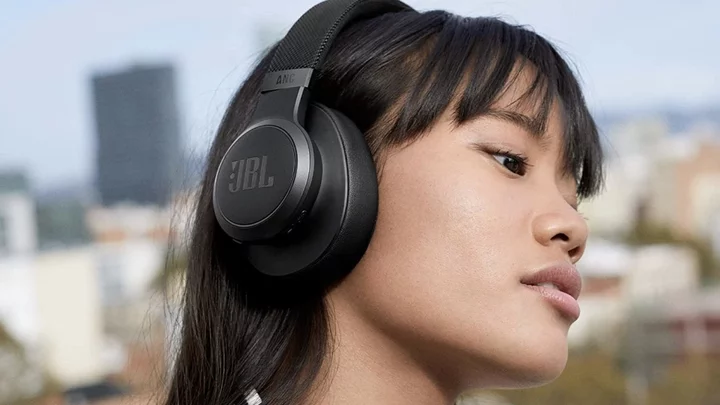
Amazon's early Prime Day deals on headphones and earbuds are here
UPDATE: Jun. 22, 2023, 12:45 p.m. EDT This list has been updated with the latest
2023-06-23 01:21
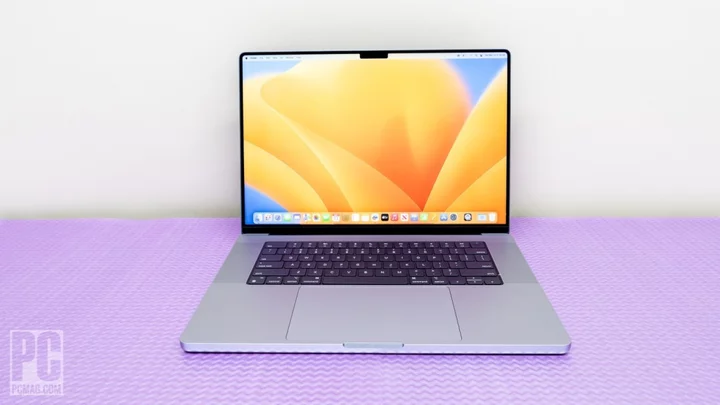
The Best Laptops for Video Editing in 2023
Video editing has come out of the edit bays and production shops of Hollywood, and
2023-07-09 22:29

The Best Players to Pack From the FC 24 84+ RTTK or Trailblazers Upgrade
The best players to pack from the new FC 24 84+ RTTK or Trailblazers Upgrade SBC now available in Ultimate Team.
2023-11-15 03:59

15 of the best Bitcoin and cryptocurrency courses you can take online for free
TL;DR: A wide range of Bitcoin and cryptocurrency courses are available for free on Udemy.
2023-07-20 12:18

itel Launches Color-changing New Smartphone S23, Takes Users to New Heights
RABAT, Morocco--(BUSINESS WIRE)--Jun 9, 2023--
2023-06-09 22:26

Governor Newsom Visits Moxion Power as Company Announces Energy Storage Gigafactory in Richmond, CA
RICHMOND, Calif.--(BUSINESS WIRE)--May 25, 2023--
2023-05-26 06:53
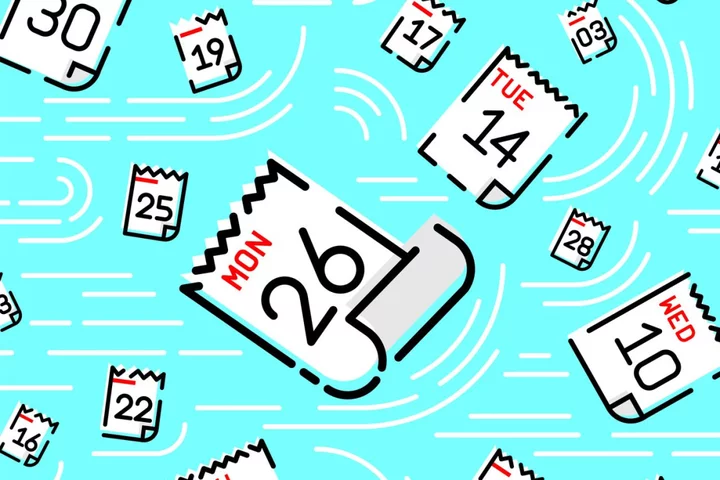
Disney, UPS, BioNTech, Palantir, and More Stocks to Watch This Week
Earnings season rolls along this week, with reports also due from Paramount, Eli Lilly, Wynn Resorts, and many more. And look out for crucial inflation indicators in economic data to be released at week's end.
2023-08-07 02:21
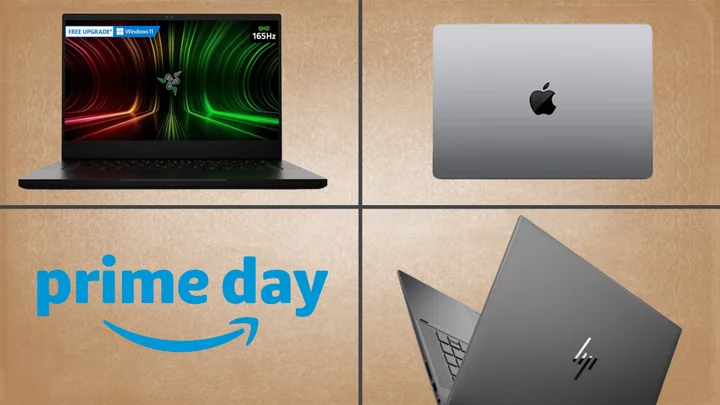
The Best Pre-Prime Day Laptop Deals
We're overdue for a major shopping holiday, and if the past is any indication, the
2023-06-16 04:59
You Might Like...
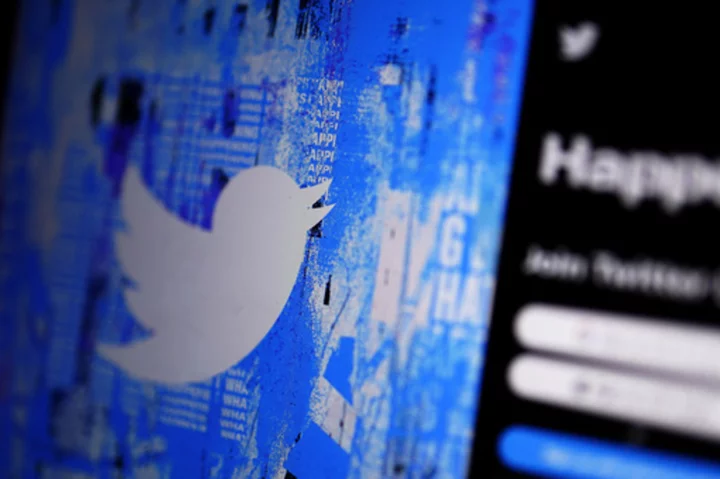
Secure messaging arrives on Twitter - sort of. 'Don't trust it yet,' Musk warns
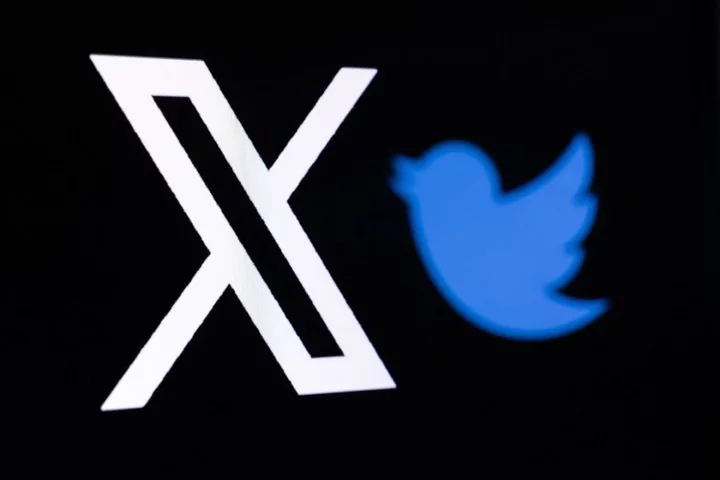
X is shutting down feature to send posts to select people after privacy concern

Vanner Inc. Begins Serial Production of 17.1 kW, 600 Ampere 600VDC to 24VDC Liquid-Cooled Converter with Silicon Carbide Solid-State Switching (SiC) for ZEV and Hybrid Vehicles
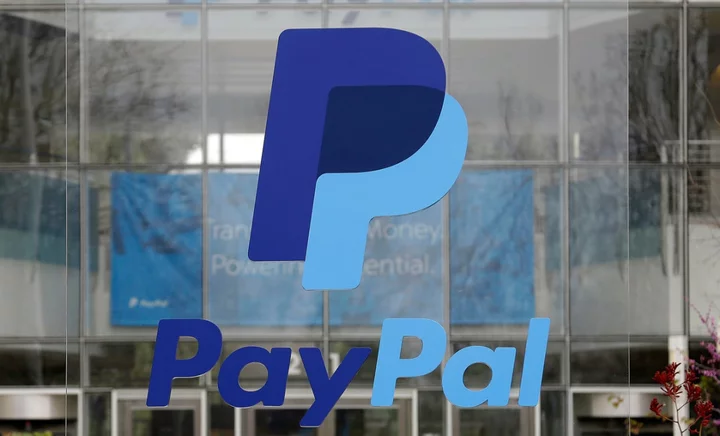
PayPal launches dollar-backed cryptocurrency

Helios Technologies Launches Next-Generation Premium Rugged Display-Controller – The PowerView™ P70 – with Initial Customer
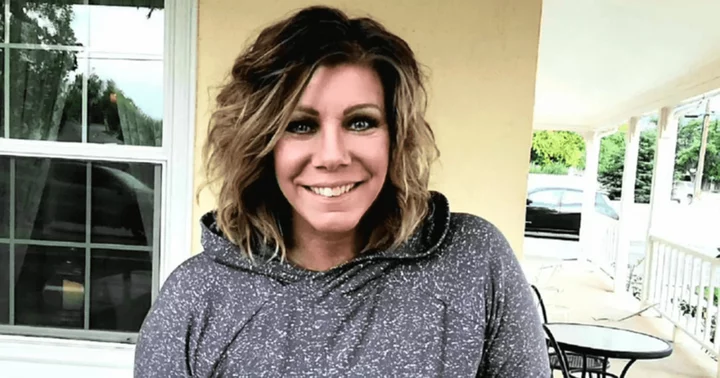
'Sister Wives' star Meri Brown slammed for using Facetune to hide wrinkles: 'Skin changes as you age'
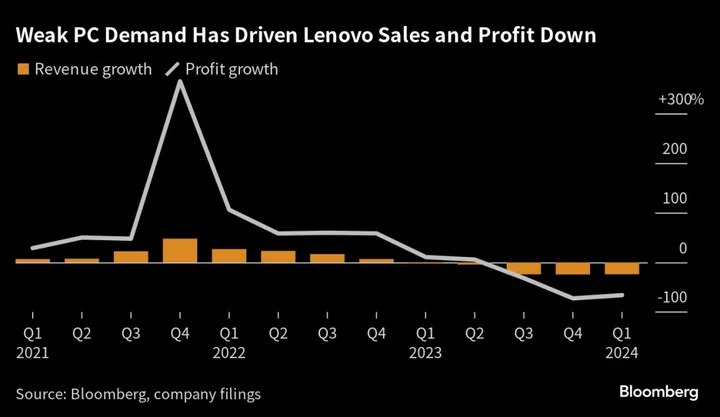
Lenovo Drops 6% After Profit Miss Amid Prolonged PC Downturn
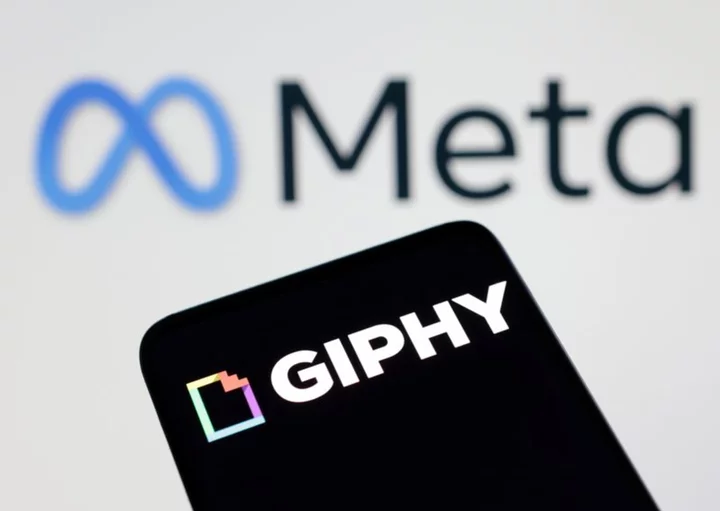
Meta sells Giphy to Shutterstock to comply with UK regulator order
